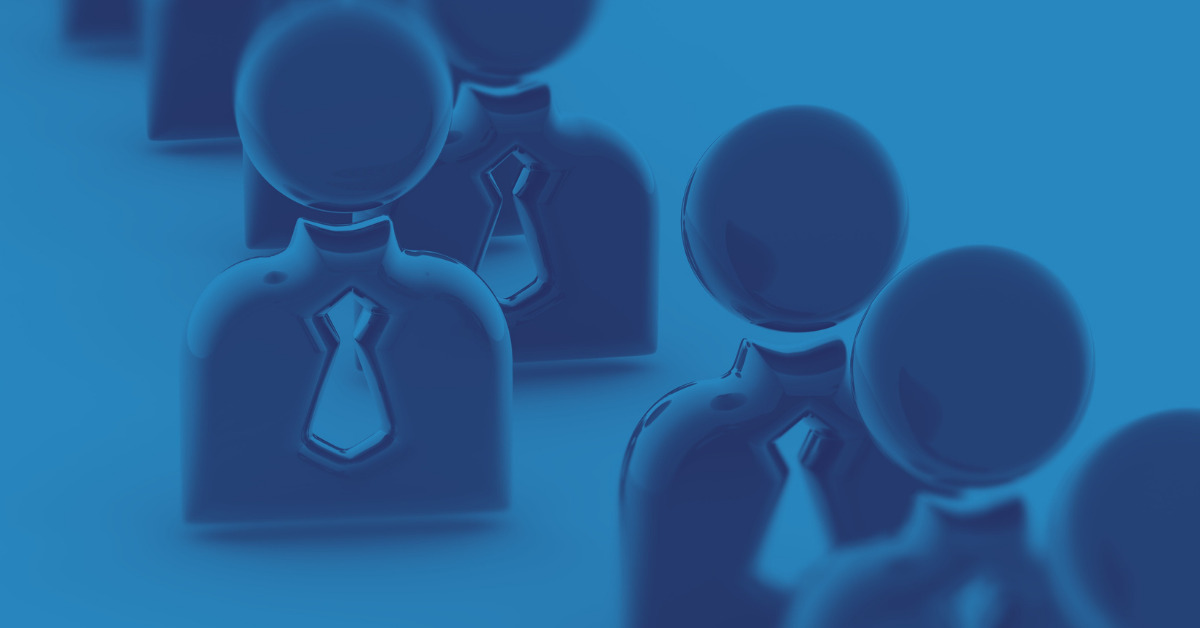“If the truth were self-evident, eloquence would be unnecessary.”
When the quotations offered by forum members come from Cicero and the insights come from years of senior engagement in industry, it’s clear to me that we’re in the company of people who think at a strategic level. A Peer Forum is a 4iforum session style which brings together thinkers and decision-makers operating within a specialisation. That could be a specific market, vertical or senior role within an organisation, like CFO. Together they explore questions posed by a trained facilitator who makes sure everyone gets heard and that the session goes deep and stays deep.
The IT Peer Forum yesterday morning did not disappoint. The title was “IT in the Age of Disruption”. Five individuals along with me as facilitator and Gary as my “wingman”, all experienced in the changing world of enterprise IT got together over coffee to update each other on their news and make brief introductions. I then laid down the dialogic ground rules giving those present a chance to vary them by consensus. After that it was time for the first of several questions, crafted to push us all into a healthy level of discomfort. The forum was open for business.
I’ve been actively engaging in dialogue for only a few months—the 4i exec team “drinks its own champagne” as a regular part of our internal development programme—and in that time I’ve had transformative experiences. That doesn’t mean fireworks. What it does mean is that my thinking is changing, my mind is broadening to new possibilities and I generally feel more positive about the contribution I make to these sessions.
It seemed to be the same for our IT professionals yesterday. A bystander would have seen not a discussion with robust exchange of views but a more communitarian unpacking of meaning. When a question asks, “How can we in our specialist areas prepare for challenges that we don’t yet face?” and the environment is supportive enough to permit it, even the most senior decision maker can start from a point of admission that they don’t know. And indeed, there should be no pressure to rustle a straightforward answer. Much of the benefit of the dialogue that follows comes out in the following weeks, what my colleague Carrie Foster calls “composting”: recycling (thinking) matter to put something together, resulting in a rich ground in which new things can grow. The book recommendations made, the anecdotes from strategic planning and the coalface of day-to-day decision-making, the observations of opportunities and threats in the market—all this adds a richness to the output. As one member observed, entrepreneurs like him always gain value from ‘bathing’ in ideas from different backgrounds.
What did we cover? The dialogue was wide-ranging but the most enthusiasm was for the human element in new technology and swung from regulatory frameworks for AI decision making to how the pursuit of better and better NPS can lead to a market dead end. Members will receive comprehensive notes from the session so that they can get maximum value.
So what next? I’m going to try to bring these members together into a regular group, facilitate their engagement with each other and keep asking those big questions. Topics that have been requested include ethics and accountability in algorithmic decision-making and PsyOps in data-driven marketing. The hard work is just beginning but the payoff for this group could be huge.













